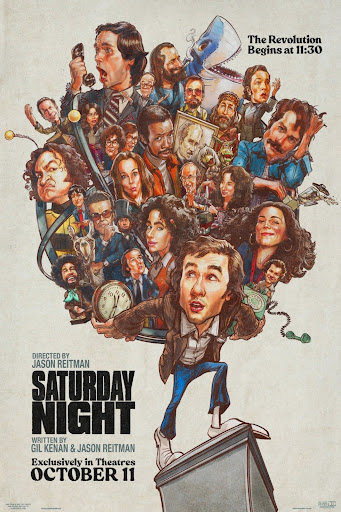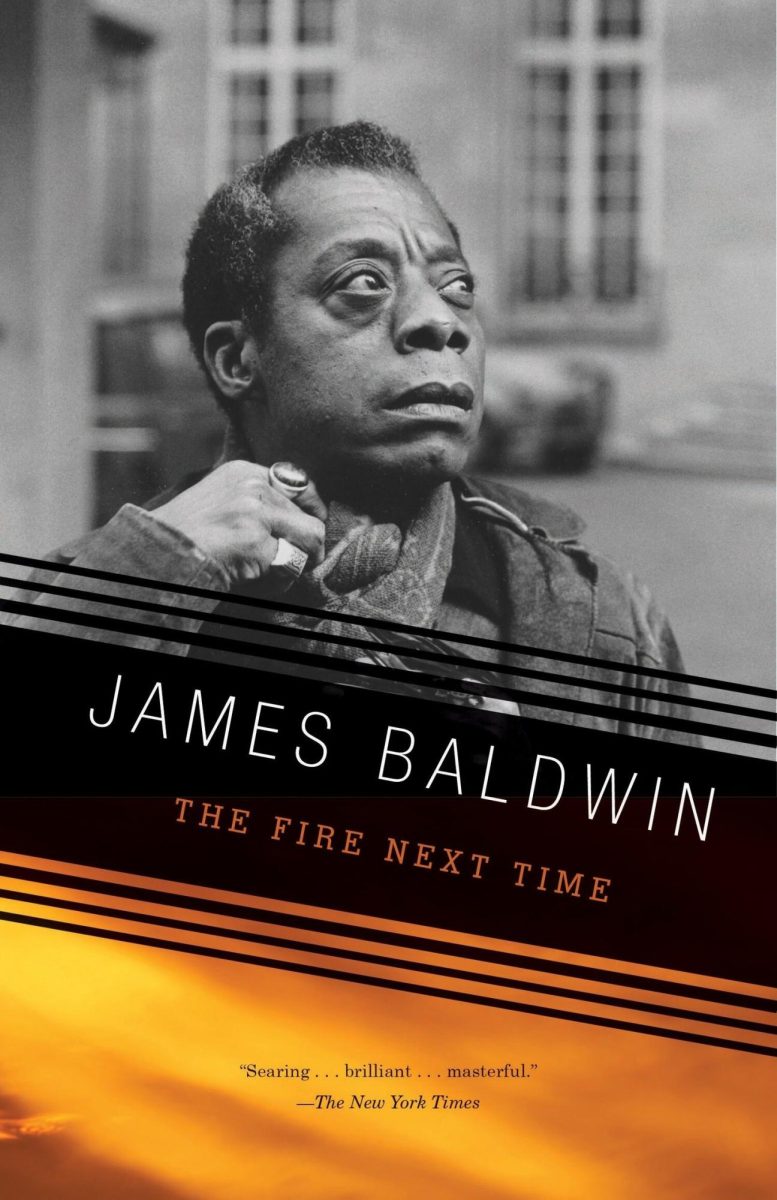The National Library Trust in the United Kingdom defines reading for leisure as “reading we do of our own free will, anticipating the satisfaction we will get from the act.”
Leisure reading is a way for students to be able to take a break from school, work and all their real world troubles and dive into a different world — whether that be fiction or non-fiction. Leisure reading gives the reader a sense of control.
Reading on your own time and reading what you want to read is a way better feeling than being forced to read something at a certain pace. It is something that should be a part of our everyday lives and an activity that may have several health and social benefits.
In “Growing Independence: Summary of Key Findings from the Competent Learners at 14 Project,” researchers found students who enjoy reading had “higher scores on the cognitive and social, attitudinal competencies, consistently higher scores in mathematics, reading, logical problem-solving and attitude, higher average scores for engagement in school, positive communication and relations with family, and positive friendships, showed less risky behaviour, and higher levels of motivation towards school.”
RELATED: 7 Reasons why you can’t miss the Tucson Festival of Books
The Reading Agency published an independent literature review, conducted by BOP Consulting and funded by Peter Sowerby Foundation, exploring the wider outcomes of leisure reading. The research showed leisure reading can help to increase empathy and improve relationships with others. It also helped improve mental health and overall well-being. There is a correlation between reading for pleasure regularly and lower levels of stress and depression.
Besides health benefits, reading for pleasure also has social benefits. It can help improve a sense of connection to the wider community. Reading increases understanding of one’s own identity, improves empathy and can give an insight into the worldviews of others.
It’s also a way to interact with others over books, developing and improving social and oral skills. The Reading Agency’s research “specifically shows that the benefits of reading are more likely to be felt when reading takes place through free choice.”
But because of all of our real-world obligations, leisure reading has drastically decreased over time. According to Good e-Reader, “between 2003 and 2016, the amount of time that the average American devoted to reading for personal interest on a daily basis dropped from 0.36 hours to 0.29 hours.” They also cited the Bureau of Labor Statistics’ most recent survey, which found only 19 percent of Americans 15 and older read for pleasure. According to the report, television and Netflix viewing is “nearly 10 times the amount of time devoted to reading for pleasure.”
I believe that it is important to make time to read what you want and to give your brain a break while also still expanding it. Reading is something that should be seen as something enjoyable, it shouldn’t be seen as something to dread. I think that if we all made the time for ourselves to read of our own accord, then maybe reading for school wouldn’t be such a hassle. Reading has this negative, dreadful stigma because of schoolwork.
I understand that there are other ways to take a break from schoolwork and other obligations, but leisure reading is something people should start considering more. It has many benefits! It’s a way to let our minds dive into any kind of world we want. There’s no rush, there’s no need for over-analysis, there’s no required essay or anything. So take some time this spring break to pick up a good book!
Mikayla Balmaceda is a junior double majoring in journalism and creative writing.









